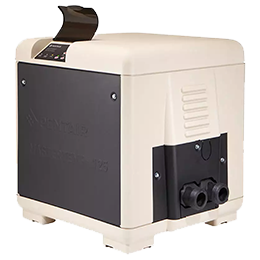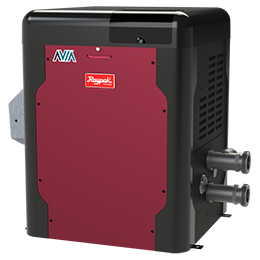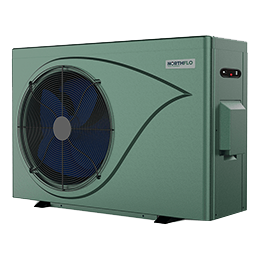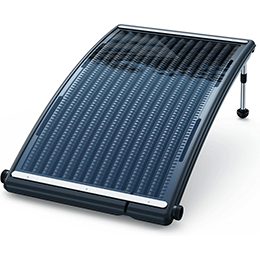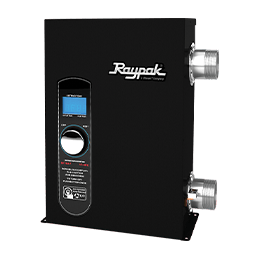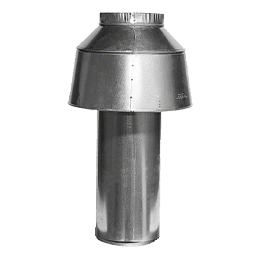
Close Menu
Pool Kits
Equipment
Liners
Covers
Accessories
All Accessories
Ladders and Steps
Replacement Cartridges
Pool Slides
Solar Cover Reels
Skimmers and Returns
Plumbing and Fittings
Backwash Hose
Vacuum Equipment
Chemical Feeders
Pool Lights
Pool Tools
Coping
Vinyl Liner Patches
Diving Boards and Bases
Pool Fence
Pool Paint
Thermometers
Automation Controls
Safety
Poolside Signs, Art & Accessories
Water Features
Resin Pool Decks
Pool Winterizing Supplies
View More >>
Toys
Hot Tubs
Parts
Patio
Clearance
Made in Canada

